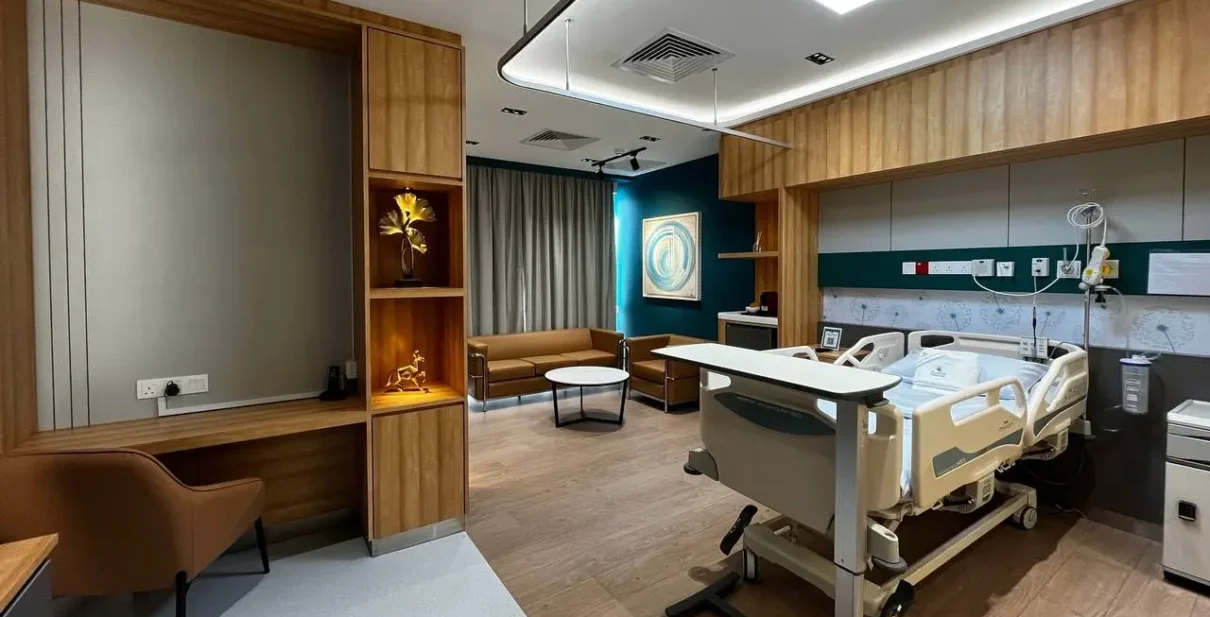Starting a healthcare facility in Abu Dhabi is an exciting venture, but navigating the Department of Health (DOH) licensing requirements can feel overwhelming. Whether you’re planning to open a clinic, diagnostic center, or specialized medical facility, understanding the licensing process is crucial for success. This comprehensive guide walks you through everything you need to know about DOH healthcare facility licensing in 2025.
Understanding DOH’s Role in Healthcare Regulation
The Department of Health – Abu Dhabi (DOH) is the regulatory authority overseeing all healthcare providers and facilities in the Emirate of Abu Dhabi. Their mandate includes licensing healthcare facilities, regulating healthcare professionals, ensuring quality standards, monitoring patient safety, and enforcing compliance with health regulations. Any medical facility operating in Abu Dhabi must obtain and maintain a valid DOH license.
Types of Healthcare Facilities Requiring DOH Licensing
DOH licensing requirements apply to various facility types, each with specific criteria. These include hospitals (general and specialized), primary care clinics (single and multi-physician), dental clinics and centers, diagnostic imaging centers, clinical laboratories, physiotherapy centers, pharmacy operations, day surgery centers, rehabilitation facilities, and home healthcare providers. The complexity and requirements vary based on facility type, services offered, and patient volume capacity.
The DOH Licensing Process: Step-by-Step
The licensing journey involves several critical phases. First, initial consultation and planning establish your facility concept, services, and location. You’ll need to verify zoning compliance and conduct a preliminary feasibility assessment. Next, documentation preparation requires gathering extensive paperwork including business registration documents, facility ownership or lease agreements, architectural plans and layouts, equipment lists and specifications, infection control protocols, waste management plans, staff credentials and qualifications, and comprehensive policies and procedures manuals.
The formal application submission to DOH initiates the review process. DOH evaluates your documentation for completeness and compliance with standards. They may request clarifications or additional information during this phase. Following document approval, DOH schedules a comprehensive facility inspection. Inspectors assess physical infrastructure and safety, medical equipment and maintenance, infection control measures, medication storage and handling, emergency preparedness, documentation systems, and staff qualifications and readiness.
Upon successful inspection and addressing any identified gaps, DOH issues your facility license. The timeframe from initial application to license issuance typically ranges from three to six months, though this varies based on facility complexity and application completeness.
Key DOH Requirements for 2025
Recent updates have introduced several important requirements. Enhanced infection prevention and control protocols now require advanced ventilation systems, specific isolation room standards, and comprehensive infection surveillance. Digital health record systems are increasingly mandatory with emphasis on data security, patient privacy protection, and interoperability standards. Patient safety protocols include incident reporting systems, clinical governance frameworks, and quality improvement programs.
Sustainability and environmental health standards now incorporate waste segregation and management plans, energy efficiency requirements, and water conservation measures. These evolving standards reflect DOH’s commitment to world-class healthcare delivery and environmental responsibility.
Common Challenges and How to Overcome Them
Many applicants encounter obstacles during the licensing process. Documentation gaps or errors cause significant delays, often resulting from incomplete policies, missing equipment certifications, or inadequate staff credentials. Prevention requires thorough preparation with expert guidance to ensure all documents meet DOH specifications before submission.
Infrastructure non-compliance issues frequently arise when facility design doesn’t meet healthcare standards, particularly regarding infection control barriers, emergency exits and accessibility, or medical gas systems. Engaging healthcare facility design consultants during the planning phase prevents costly post-construction modifications.
Staff credentialing delays occur when professional licenses are pending or incomplete. Starting credentialing processes early, often six months before facility opening, ensures staff readiness coincides with facility license approval.
The Importance of Ongoing Compliance
Obtaining a DOH license is just the beginning. Maintaining compliance requires continuous attention to annual license renewals with updated documentation, regular internal compliance audits, staff credential maintenance and updates, policy reviews and updates reflecting regulatory changes, and preparedness for DOH inspections which can occur at any time.
Facilities must also maintain quality indicators, report adverse events, and participate in DOH initiatives and programs. Non-compliance can result in warnings, fines, license suspension, or in severe cases, permanent license revocation.
How Prime Axis Management Can Help
Navigating DOH licensing requirements demands expertise, attention to detail, and significant time investment. Prime Axis Management specializes in healthcare facility licensing across Abu Dhabi and the UAE. Our comprehensive services include feasibility assessment and planning, complete documentation preparation, application submission and follow-up, facility inspection preparation and support, staff credentialing coordination, ongoing compliance management, and license renewal services.
Our deep understanding of DOH requirements and established relationships with regulatory authorities streamline the process, reduce delays, and increase first-time approval rates. We become your dedicated licensing partner, handling complexities while you focus on building your healthcare vision.
Conclusion
Healthcare facility licensing in Abu Dhabi through DOH involves detailed requirements, thorough preparation, and ongoing compliance commitment. While the process may seem daunting, proper guidance makes it manageable and successful. Whether you’re planning a new facility or seeking to ensure ongoing compliance, expert support can make the difference between frustration and smooth, timely licensing.
At Prime Axis Management, we’re committed to making healthcare licensing accessible and stress-free. Contact us today to discuss your facility licensing needs and discover how our expertise can accelerate your journey to serving patients in Abu Dhabi.
Contact Information:
Phone: 037354985
Email: info@primeaxismanagement.com
Location: Al Ain, Abu Dhabi

